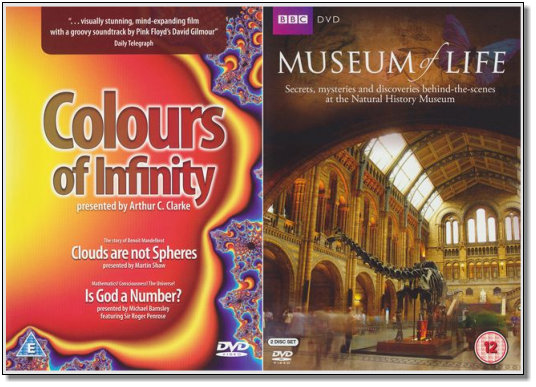2014 — 23 January: Thursday
I'm not convinced that spending an hour hopping around the Web is the smartest way to ease into the next day — too late now, of course — but at least I can reassure myself that it's still a crazy planet. I shall have to see whether a second pre-breakfast cuppa helps.
I'm also unconvinced...
... that people requiring hospital treatment have, at the top of their worry list, the question that our benevolent guvmint's National Audit Office seems to think is being inadequately addressed, namely: "which hospital most accurately records waiting time?" (The target waiting time [currently narrowly being missed, as "they" currently allow themselves to achieve a standard of 90%] is a maximum of 18 weeks — I didn't even know that.) But worker bees will always tend only to measure what they're told to measure, and (if my experience in IBM was in any way typical) they tend to end up getting told to measure1 what can be most easily measured.
I have dug out one of my Lab "mole" reports in support of this theory. This dates from the pre-Gerstner era which is now also largely lost in the mists of Corporate Time, no doubt. Here's a harmless extract:
LPC Key Indicators — Summary
Today's 200 minutes (brightened at the half way stage by a bulb change) ran through the Lab's Key Indicators, skipped lightly over some of the newest charts, looked at the external
(bronze) MDQ award application, discussed the benchmarking that we should be doing, and ended with a brief glimpse of the IBM world after 1995.
It was a notable meeting: the first full Key Indicator meeting that Phyllis has attended, and the first one at which I've personally picked up a "to-do" as well as the normal wrist-ache.
"LPC" stood for "Lab Policy Committee". Basically made up of the chaps (and the occasional chapess) who reported directly to the Lab Director (at this point "Phyllis"). I remember on one occasion, this fine body of assembled brainpower managed to spend half an hour debating whether (or not) they were the people who decided Lab Policy. They more or less concluded that they weren't. Perhaps it really is a game, the rules of which are to uncover the rules of the game.
It's a game I am personally glad to have retired from.
Acting on...
... information received before, during, and after yesterday's walk, I downloaded Season #2 episode #1 of "The Bridge" and watched enough of it to convince myself it would be worth getting the two-season box set. It looks like a nice, dark variation on the central relationship in "Bones" with (I suspect) fewer adolescent detours. Fingers crossed. [Pause] Right! It's time to get slicing and dicing.
Come on!
Who could resist these?

Not me, evidently. And these...

... will / should make a change from police procedurals, too.
As my latest batch of...
... crockpottery magic approaches (I hope) culinary and thermal perfection, I can now contemplate the next three dental appointments arranged today that are going to be needed to finish the repair that began in Portsmouth early last month. Bang goes2 another couple of hundred quid, I gather. A bit gloomily, I must admit. All this for just one tooth, dagnabbit.
Southern Water...
... may be starting to think I'm dehydrated. They assess water use, in a typical one-person household, at 226 litres each day. Over the last seven months I've used, on average, a mere 87 litres per day. Not too shabby, particularly when you consider how much tea I manage to drink :-)
Amusing footnotes...
... against one of the Trevor-Roper letters (to Nan Dunbar) expand a little on the Daily Torygraph item I spotted a while back.
Yes, I have returned unscathed from Atlanta, whose inhabitants took my lectures in good part. For the last of the series, there was a great display of tartan in the audience, and one kilt. I was told (by a lady who sat behind it) that it smelt powerfully of mothballs. I was also told that, after my lecture, it is unlikely to appear again.1 I only discovered J Telfer Dunbar's book2 last term — with a slight tinge of chagrin (pereant qui ante nos nostra dixerunt3).
1 The lecture exposed the inauthenticity of the kilt tradition.
2 The History of Highland Dress (London, 1962).
3 'May they perish who have expressed our bright ideas before us': Aelius Donatus, the 4th-century Roman grammarian.